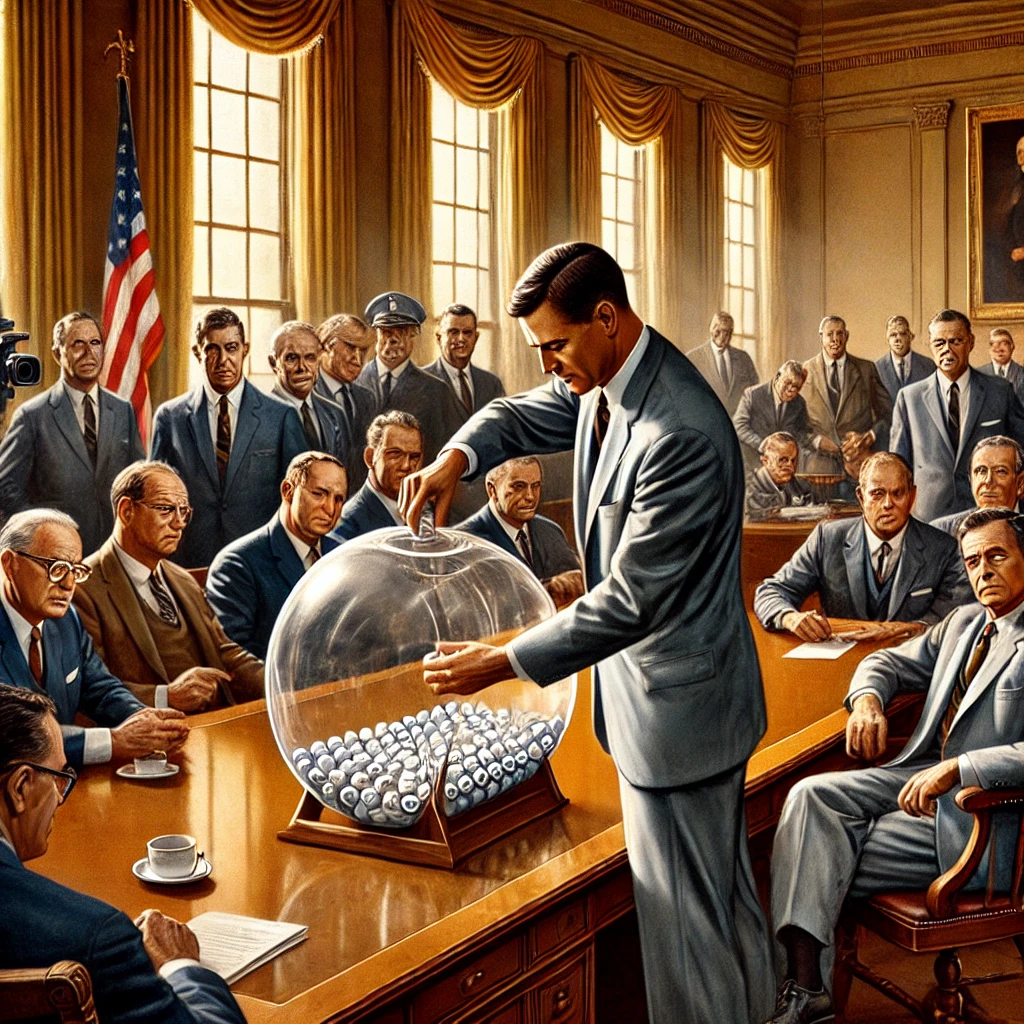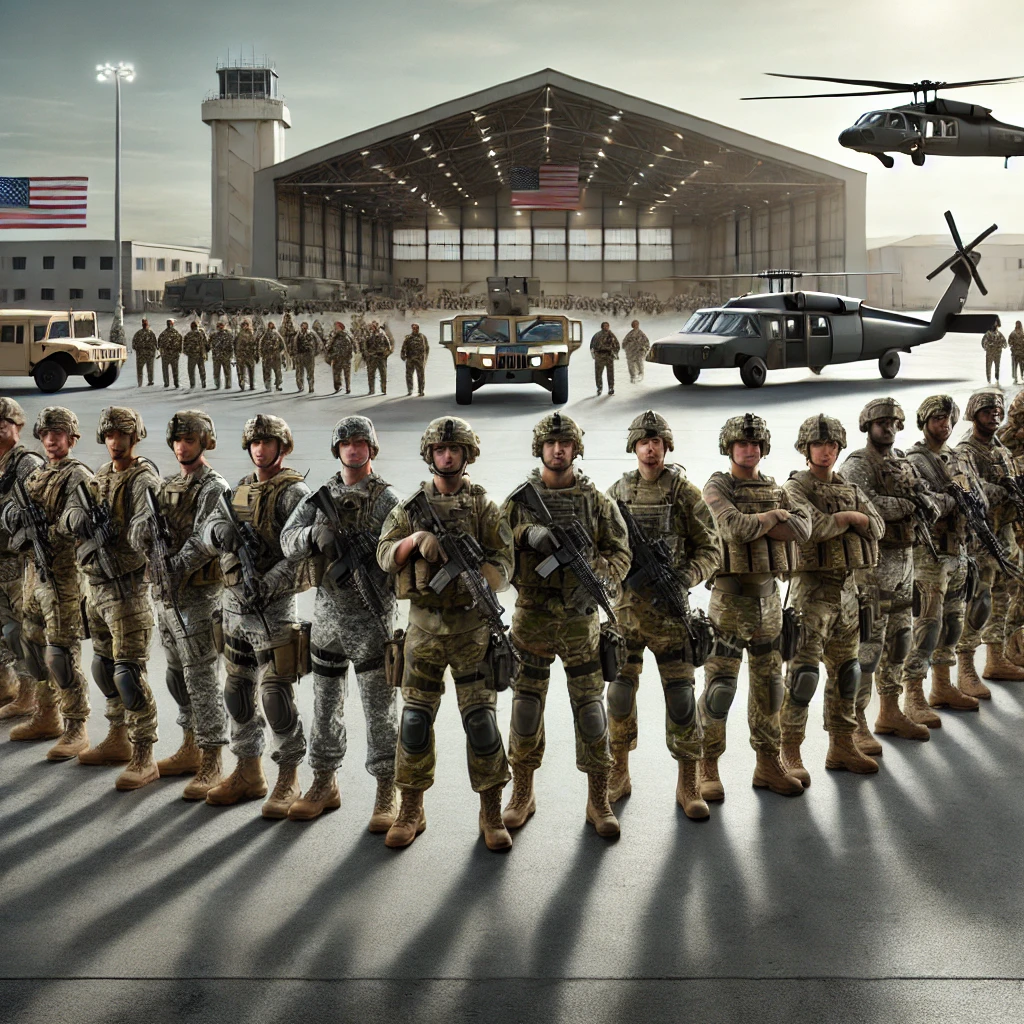Amidst the Vietnam War, the United States conducted its first draft lottery on December 1, 1969. This event marked a significant shift in the nation’s conscription system and became a defining moment in the history of the Vietnam War. The draft lottery not only shaped the lives of millions of young Americans but also fueled intense public debate, leaving a lasting legacy on American society and military policy.

The Draft Lottery: A Revolutionary Approach
The December 1969 draft lottery was designed to address longstanding criticisms of the Selective Service System. In previous years, deferments and exemptions disproportionately favored wealthier and better-educated individuals, often leaving working-class and minority men to bear the brunt of military service. The new lottery introduced a random selection process based on birthdates, which aimed to eliminate inequities in the draft system.
On the night of December 1, capsules containing 366 dates were drawn from a large glass jar, determining the order in which men born between 1944 and 1950 would be called to serve. The first date drawn—September 14—meant men with that birthdate were at the top of the list. For millions of young Americans and their families, this televised event was a moment of anxiety and life-altering consequence.

The Significance of the 1969 Draft Lottery
The draft lottery occurred against the backdrop of growing discontent with the Vietnam War. By 1969, anti-war sentiment had reached a fever pitch, with protests erupting on college campuses and in cities across the country. The lottery’s introduction symbolized an attempt by the government to reform a system seen as unfair, but it also underscored the deeply divisive nature of the war itself.
While some praised the lottery for its transparency, others criticized it for perpetuating conscription during an increasingly unpopular conflict. Many young men, facing the prospect of being drafted, sought deferments, enlisted in alternative service, or fled to Canada. For some, the lottery symbolized a lack of personal control over their futures, further fueling resentment toward the war effort.
A Lasting Impact on Policy and Society

The 1969 draft lottery was the first of several conducted during the Vietnam War, and its legacy remains significant. Public dissatisfaction with the draft contributed to the eventual abolition of the conscription system in 1973, following the end of U.S. involvement in Vietnam. Since then, the U.S. military has relied on an all-volunteer force, a model that persists to this day.
Culturally, the lottery left an indelible mark on the collective memory of a generation. For those who lived through it, the draft lottery became a symbol of the era’s uncertainty and turbulence. It has been referenced in books, films, and documentaries as a pivotal moment in the intersection of personal lives and national policy.
The draft lottery of December 1, 1969, remains a powerful reminder of the challenges of balancing national security needs with individual freedoms. Its legacy continues to inform debates about military conscription, equity, and the costs of war, offering valuable lessons for policymakers and citizens alike.
